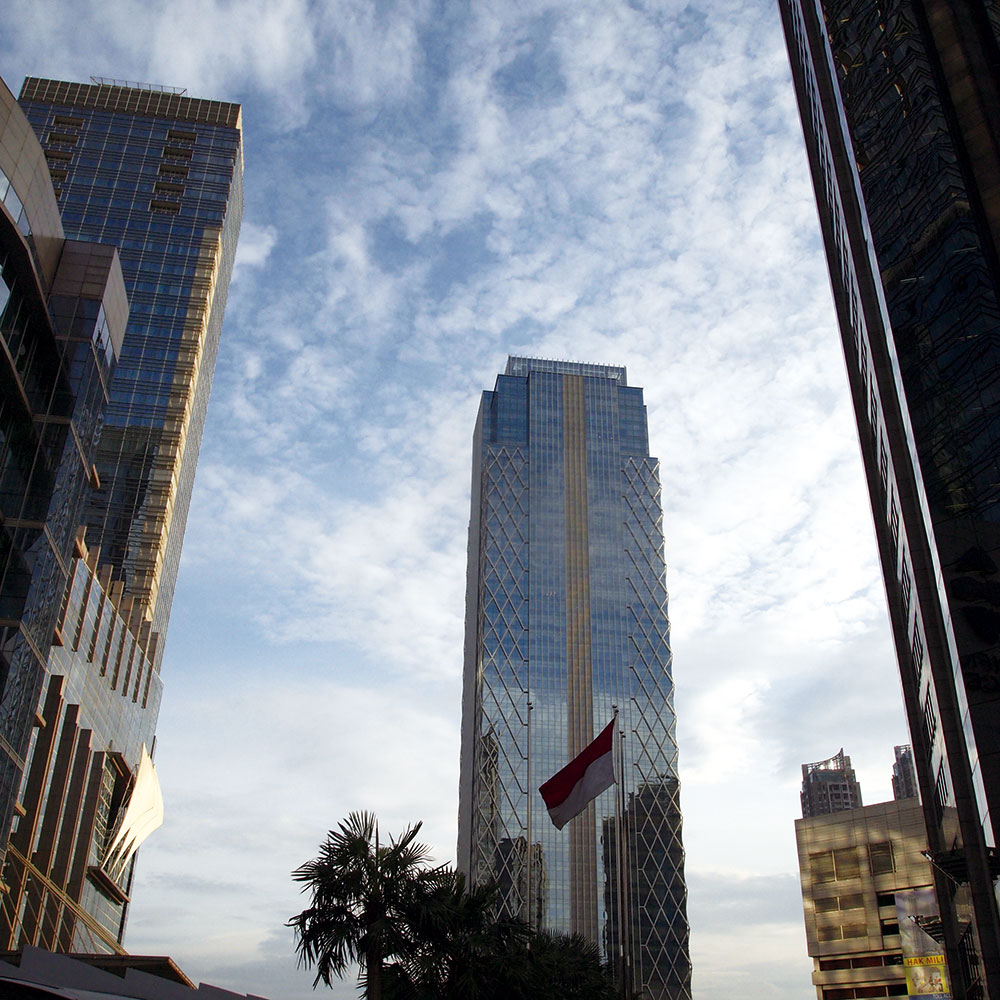 In December 2016, Indonesia’s Parliament passed the Construction Services Bill to replace existing legislation on construction services, Law No. 18 of 1999 on Construction Services.
In December 2016, Indonesia’s Parliament passed the Construction Services Bill to replace existing legislation on construction services, Law No. 18 of 1999 on Construction Services.
Reclassification of construction services
The bill’s most important change is arguably the reclassification of construction services categories. The categorisation is important given that under the both the 1999 and 2016 legislation, constructions services can only be provided by individuals and entities who hold the requisite permits and certifications in the categories corresponding to the construction work contract.
Under Article 12 of the 2016 Construction Bill, construction services now comprise: (i) construction consultation services; (ii) construction work services; and (iii) integrated construction work services.
Construction planning and construction supervision services are now placed under construction consultation services, where they were previously separate categories (see Art. 13 2016 Construction Bill). Integrated construction work services are now classified as a separate construction category, comprising design build and engineering procurement and construction services (see Art. 15 2016 Construction Bill).
Segmentation
In addition to reclassification of construction services, the 2016 Construction Bill reaffirms and incorporates various existing provisions as set out in numerous implementing legislations that segment and divide the construction market along the lines of risk, technology and cost (see Art. 21 through 25 of 2016 Construction Bill). This segmentation corresponds to the qualification of a construction service provider that may provide services in a given segment.
Construction services providers are classified along the lines of their “qualification” (small, medium or large), determined based on annual sales value, financial capacity, workforce availability and construction equipment availability (see Art. 20(2) 2016 Construction Bill). The size of a construction service provider, in turn, determines the market segment in which the provider is permitted to offer its services.
Service providers holding a large qualification are permitted only to provide services in a high-risk, high-technology, and/or high-cost segment (see Art. 23 2016 Construction Bill). Conversely, service providers holding small qualification are restricted to offering services in the low-risk, low-technology and/or low-cost segment (see Art. 21 2016 Construction Bill).
Subcontracting
The 2016 Construction Bill introduces additional provisions regarding subcontracting. During the course of a construction work, the primary work may only be subcontracted where the work is “specialist” in nature (see Art. 53(1) 2016 Construction Bill) and is subject to consent of the construction service user (see Art. 53(2) 2016 Construction Bill).
Competency certificate
Article 70 (1) of the 2016 Construction Bill provides that every worker engaged in construction services must hold a Work Competency Certificate. Likewise, Article 70 (2) provides that every service user or service provider may only employ certified workers.
The Competency Certificate is issued based on a competency test, to be organised by a professional certification institution and registered with the minister of public works. A professional certification institution may only be established by accredited professional association or a training and education institution that meet the standards set by the law (see Art. 71(1) 2016 Construction Bill).
Foreign construction workers
The 2016 Construction Bill now allows qualified expatriates to be employed in Indonesia for limited positions permitted by the prevailing laws and regulations, subject to permit, registration and compliance applicable to foreign workers (see Art. 74 2016 Construction Bill). Such matters were not regulated in the 1999 Construction Law.
Information centre
Article 83 of the 2016 Construction Bill contemplates the establishment of a construction services information centre for the purpose of providing data and information related to construction services, to be managed by the Central Government. Please note that Article 83(3) of the 2016 Construction Bill provides that every construction service provider and user must provide the data and information.
Closing notes
As is typical with Indonesia’s primary legislations, the 2016 Construction Bill’s provisions will be further regulated under implementing regulation at governmental, presidential or ministerial levels. It is too early to determine as to when these will be issued. The transition provision under the 2016 Construction Bill provides for a two-year period within which implementing regulations must have been issued.
_______________

Menara Imperium, 30th Fl. Jl. H.R. Rasuna Said Kav. 1 Jakarta 12980, Indonesia
Tel: (62-21) 831-5005, 831-5025 Fax: (62-21) 831-5015, 831-5018
E: fajar@lgslaw.co.id • indra@lgslaw.co.id W: www.lgslaw.co.id


